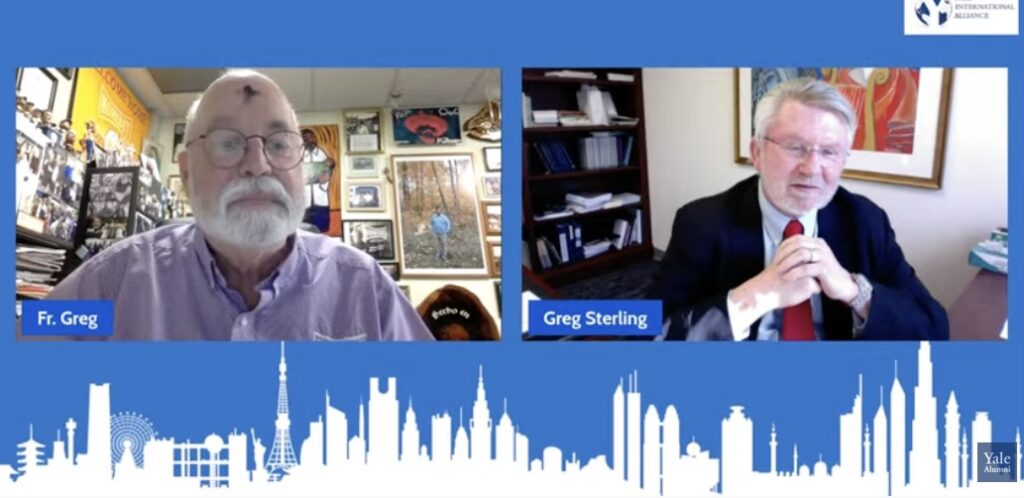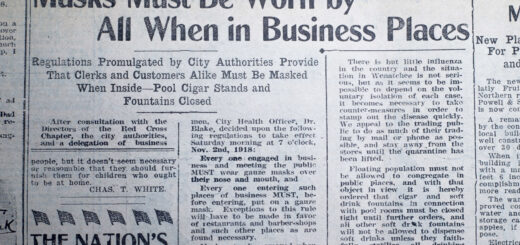Why we should shift from a culture of punishment and exclusion to one focused on healing
One of the most pragmatic thinkers about serving people at the margins is Father Gregory Boyle, the founder of Homeboy Industries, the largest and most successful felon and gang rehabilitation program based in Los Angeles. It is a model that has been replicated across the country and around the world.
The healing-centered approach Homeboy has developed gives us great insights into how we could better help those with addiction issues, mental health challenges, people experiencing homelessness and those who have been incarcerated.
All we need is the will to shift from a methodology of punishment and judgment to healing and kinship.
The “secret sauce” of the Homeboy Industries’ approach is that “everything is secondary to the healing culture of this place,” said Father G, as he is called.
He was interviewed recently by the dean of Yale Divinity School for an event titled, Healing with Hope. The talk included video clips from a powerful documentary, Homeboy Joyride, created by Wenatchee-based producer Paul Steinbroner.
You can watch the interview with Father G by accessing this link: https://youtu.be/Nc5hwVhVWK0
In the early days, the Homeboy approach was focused on delivering services like jobs, education, anger management and the like, but success was limited. “We had the cart before the horse,” explained Father G. When Homeboy shifted to creating a place where these individuals could “excavate their wounds” in a safe environment devoted to healing, people started transforming their lives.
Homeboy fosters healing in a community devoted to joy, kindness, compassion and kinship.
Whole and healed people don’t become gang members, aren’t racist, aren’t addicted to substances and don’t kill each other, Father G explained. Change happens when “we stop punishing the wound and seek rather to heal it,” he added.
It is a human tragedy that most of the systems and approaches for people who are struggling in our society are centered on punishment and judging people as moral failures. By making it virtually impossible for people to redeem themselves, we are making the situation worse.
Homeboy’s approach begins with the premise that human beings are fundamentally good. Every person who comes to Homeboy, says Father G, has been through unimaginable life experiences or traumas and they are destined to continue transmitting their pain until they learn to transform it.
“People talk a lot about systems, and systems change when people change, and people change when they are cherished,” Father G said during a dialogue sponsored by Yale Divinity School.
“If it’s true that a traumatized person is likely to cause trauma, it has to be equally true that a cherished person will be able to find their way to the joy there is in cherishing themselves and others.” Father G said.
I found it instructive that Father G, a Jesuit priest, thinks that religion often gets in the way of healing, particularly fundamentalist views of judgment, sin and good vs. evil. “I don’t talk about God, and that’s mainly because God doesn’t want me to talk about God,” he told the group. Instead, “God wants me to be in the world who God is,” he added.
The Homeboy Industries approach is built on the premise that every person is who God intended them to be and that no one stands outside the circle of love and compassion. “You want people to see themselves as God does, and that’s liberating because then they’ll become their truth and inhabit that truth,” said Father G.
Approaches that involve judging “those people” as unworthy and focusing our efforts on fixing, saving and rescuing are doomed to fail, because they are based on seeing ourselves as superior to “them.”
Expanding the circle of compassion, treating people with tenderness and kindness and allowing them the space to excavate their wounds is the ultimate solution to what ails our society.
Father G was asked what we can do in our communities to further his work. “If you are a proud owner of a pulse, then you can do this,” he responded. “Can you receive people? Can you allow yourself to be reached by people? Can you allow your heart to be altered? Well, everybody can do that,” he concluded.
If we want to address racism, sexism, addiction, violence and every other social ill, the place to start is creating a culture of healing and kinship.
Important conversations are already happening in North Central Washington about shifting to a healing-centered approach like that of Homeboy Industries. That is hopeful.


